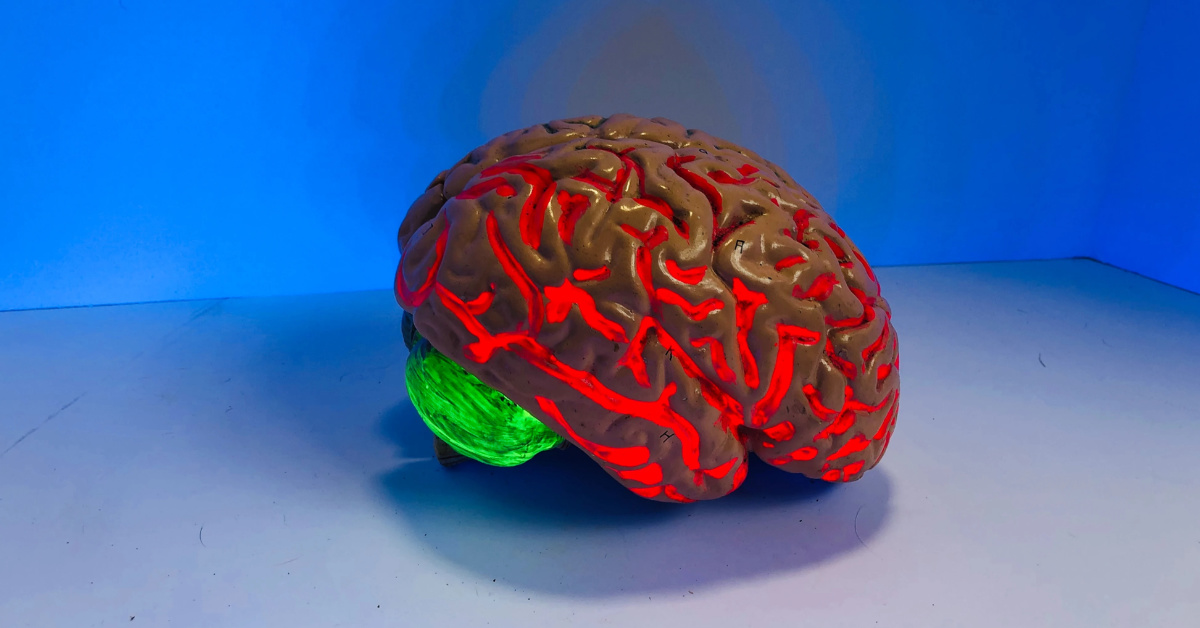Practical Tips to build a Dementia-Resistant Brain

The most common question that is asked to a neuropsychologist is how to prevent dementia or how to make my memory better. Often it is asked by people who are more than 60 years old. Dementia which is often caused by neurodegeneration which is essentially your brain cells dying because they have some faulty proteins or “poisonous” things in them that prevents them from doing their work. These changes in the brain does not begin when you are 60+ years old. It begins in middle adulthood which is your 40 to 60 years old. As science gets more sensitive, I am pretty sure these changes will be detected in even younger people.
So, the questions like how to prevent dementia, how to make your memory better and how to be brain healthy should be asked in your 20’s, 30’s,40’s and 50’s as well as beyond your 60.
Here are some practical tips:
1. Nothing like physical activity (I will not say “exercise” because nobody seems to like that word). 30 minutes per day for at least 5 days a week. Can’t do 30 minutes together, then split them into 3 sessions of 10 minutes of moderate intensity physical activity- a few stretches, a few weights (use those 2l Coca cola bottles filled with water) brisk walking, swimming, running, jumping, skipping, dancing- anything works.
2. Eat healthy. What is healthy for your heart is good for your brain too. Add more of fruits, vegetables, greens, beans, nuts, seeds; less of oils, sugars, and processed foods and a moderation of dairy and meat. Remember to enjoy your food and what better way to do that than make it yourself (I would say that is a high-level cognitive stimulation activity- read next point). Consult with the nutritionist if you need help planning your meals so that you have enough energy, better mood, and healthy food.
3. Stimulate your cognition. Basically, this means to add more pennies into your brain bank, so that you always have an emergency stash and will never run out of money, and it will make it easier for your brain to bounce back in case of any kind of injury. And just like my money-wise friends say, you need to invest and save early. A good education, an extra language, learning music/dance, reading, writing, solving crosswords and puzzle, building lego sets, DIY furniture, gardening- anything that makes you use your brain and not lose it from the earliest possible years makes a difference.
4. Sleep. Well. Not with lights, alarms or YouTube. Chronic sleep deprivation in middle adulthood is a sure way to get sick as you get older. Maintain your sleep schedule as more than an hour’s variation in sleep can lead to mental health problems as well as decrease in the time your brain can clean itself up. Get help from your physician/ neurologist/ mental health professional if you feel you get enough hours of sleep but wake up tired and annoyed or if you feel you don’t get enough hours of sleep.
5. Maintain good social relationships and other ways you like to unwind yourself. This must be part of your everyday routine. Often, I come across people who say I don’t have any work, so I don’t have any routine, or my work demands me to not have a routine. That is just another way to make sure you will get sick. Build a routine early in life. Get help from a qualified psychologist if you are not able to build your routine. They will help you.
6. Chill out. Often easier said than done. Don’t get me wrong- I don’t mean you don’t take any responsibility. I mean be responsible for yourself and your loved ones but don’t take the whole world on your shoulders (read as mind). Stress, Depression and Anxiety must be managed as early as possible- make yourself resilient. Get help from a qualified psychologist. EARLY.
Contact Us or Book an Appointment with our Cognitive Neuropsychologist if you think you or someone you know needs support.
Unified Brain Health Care is one of a kind integrated Neuro Rehabilitation Centre in Chennai for adults and children offering in person and online therapy in Cognitive Neuropsychology, Clinical Psychology, Psychiatry, Speech Therapy, Physiotherapy, Occupational Therapy, Clinical Nutrition, Career Counselling and Educational Intervention. We also offer Family and Marriage Counselling, Yoga Therapy, Infant and early childhood stimulation, infant and young child nutrition, care for caregivers and promote holistic brain health.
